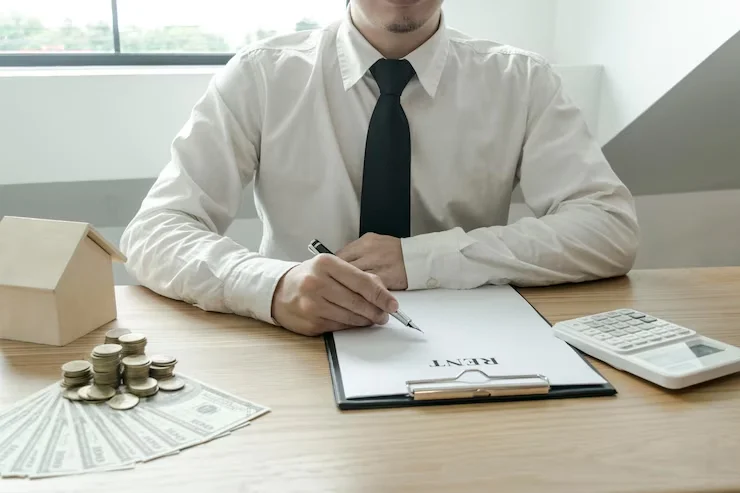Are you looking for a simple and legal way to manage your unsecured debt in Canada without too much stress?
If yes, then you’re already on the right track. Many people across the country have debt from credit cards, personal loans, or lines of credit, and the good thing is—there are proper ways to handle it without any pressure or worry.
This guide will help you understand how you can deal with unsecured debt smoothly and peacefully, using legal options that work well in real life.
What is Unsecured Debt?
Before we go further, let’s first make this clear. Unsecured debt means any money you owe that doesn’t have any item tied to it. So if you got a loan or credit card and didn’t give anything as security, that’s unsecured. This is different from a car loan or mortgage where they can take your car or house if payments stop.
The good part about unsecured debt is that there are legal ways to handle it without losing your home or car.
Different Legal Options Available in Canada
Now let’s talk about some of the proper and trusted ways you can deal with unsecured debt in Canada. These are all legal and approved by the government, so you don’t need to worry about safety.
Consumer Proposal
A consumer proposal canada is one of the most used and reliable options. This is where you agree to pay part of your debt through a monthly payment that you can afford. A government-approved Licensed Insolvency Trustee (LIT) helps you put this together.
Once this proposal is accepted, you stop paying interest, and you only have to focus on your monthly plan. The rest of the debt is forgiven once you complete it. You can also continue living normally—keeping your house, car, and other items.
It’s very helpful for people who want to take control without filing for bankruptcy.
Debt Consolidation
This is a smart way to make your life easier. If you have many small debts, you can put them all into one single loan. That means just one monthly payment. You don’t have to track multiple bills or due dates.
Banks and credit unions offer debt consolidation loans, and they usually have better interest rates than credit cards. If you have a steady income and a good payment record, this option can help you save time and money.
Credit Counselling
Credit counseling is a very helpful and friendly option for those who want guidance. There are non-profit agencies in Canada that offer this service. A certified counselor sits with you, checks your situation, and helps you make a budget or a debt management plan.
They can even talk to the companies you owe and try to reduce interest or make the terms easier. You stay in control, and you’re learning better habits along the way. It’s like getting a personal financial coach.
Informal Payment Plans
Sometimes you can directly talk to your creditors and make a new payment plan without any third person in between. This is called an informal agreement. If you’ve been paying regularly and just want more time or smaller payments, many creditors are open to discussing it.
You just need to be honest, polite, and realistic about what you can pay. Most companies prefer working with someone who wants to pay something instead of ignoring the bills.
Bankruptcy (Only If Nothing Else Works)
Even though this option exists, many people don’t need to go for it. And since we’re focusing only on positive and helpful ways, it’s better to first try all the above options which are much smoother and let you stay on track without changing your life completely.
Benefits of Using Legal Options for Debt
Now you might ask—why go for legal ways? Why not just try to manage it all on your own? The answer is simple. These options are clear, fair, and backed by the government. You get protection from collection calls, and you can properly fix your debt with peace of mind. If you’re still wondering what is a consumer proposal, it’s a legal agreement that helps you reduce and manage your debt in a structured way.
Here are some clear benefits:
- You can make one simple payment each month
- You may reduce the total amount you have to pay
- You stop getting calls or letters from creditors
- You get help from trained people who know the law
- You can still keep your home, car, and personal stuff
- You get time to learn better money habits and budgeting
How to Start Taking Action
First thing—don’t feel shy or afraid to talk to someone. Some friendly professionals are ready to help without judging you. You can contact a Licensed Insolvency Trustee, a credit counseling agency, or even your local bank or credit union.
They will explain all your options without any pressure. You don’t have to decide everything on the first day. Just learning what’s possible is already a good step forward.
It’s also smart to sit down and make a small list. Note down:
- Who do you owe and how much
- What your monthly income is
- What regular expenses do you have
With this list, the person helping you can suggest the best legal way for your specific case. Everyone’s situation is a little different, and that’s okay.
What Happens After You Take a Legal Step?
Once you pick the right option for your situation, things begin to feel lighter. You stop worrying about small things like missing a payment or getting late fees. You have a clear plan in place, and that brings calmness.
You also start to feel more confident about handling your money. As you make regular payments and see your debt go down, it becomes easier to manage your other goals too—like saving, investing, or just enjoying your salary better.
Final Thoughts
If you’re dealing with unsecured debt in Canada, don’t worry—there are plenty of proper and legal ways to manage it. Whether it’s through a consumer proposal, consolidation, or counseling, you’re not stuck. You’ve got options that can help you stay in control and move forward.
The most important thing is to start. Talk to someone, make a plan, and go step by step. It’s not about doing everything at once. Just take one small action today, and the rest will follow with time.
Life becomes much better when money stress goes down. And the good thing is, you don’t need anything fancy or complicated to make it happen. Just a little help and a clear plan can make all the difference.







